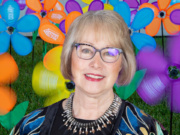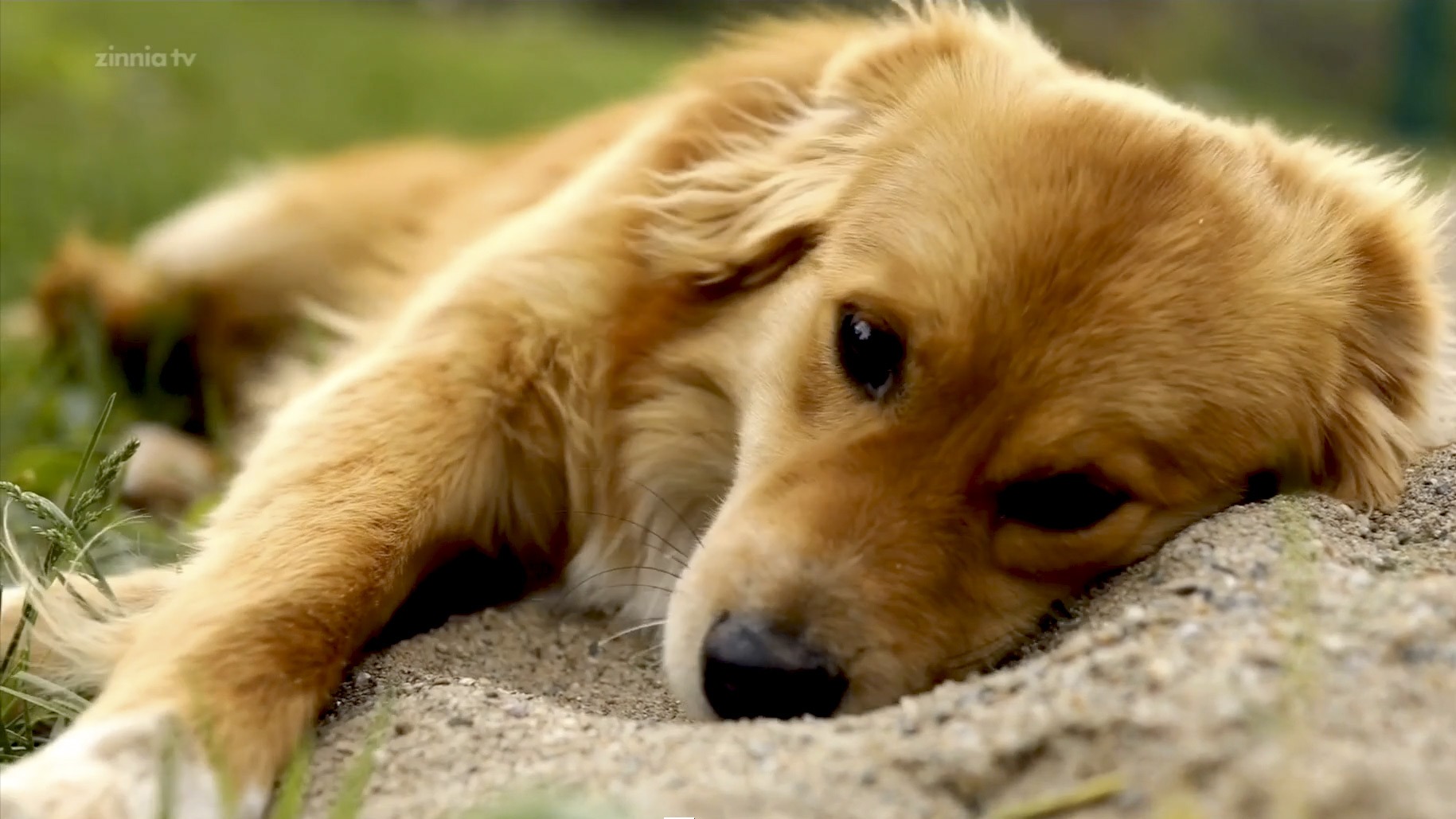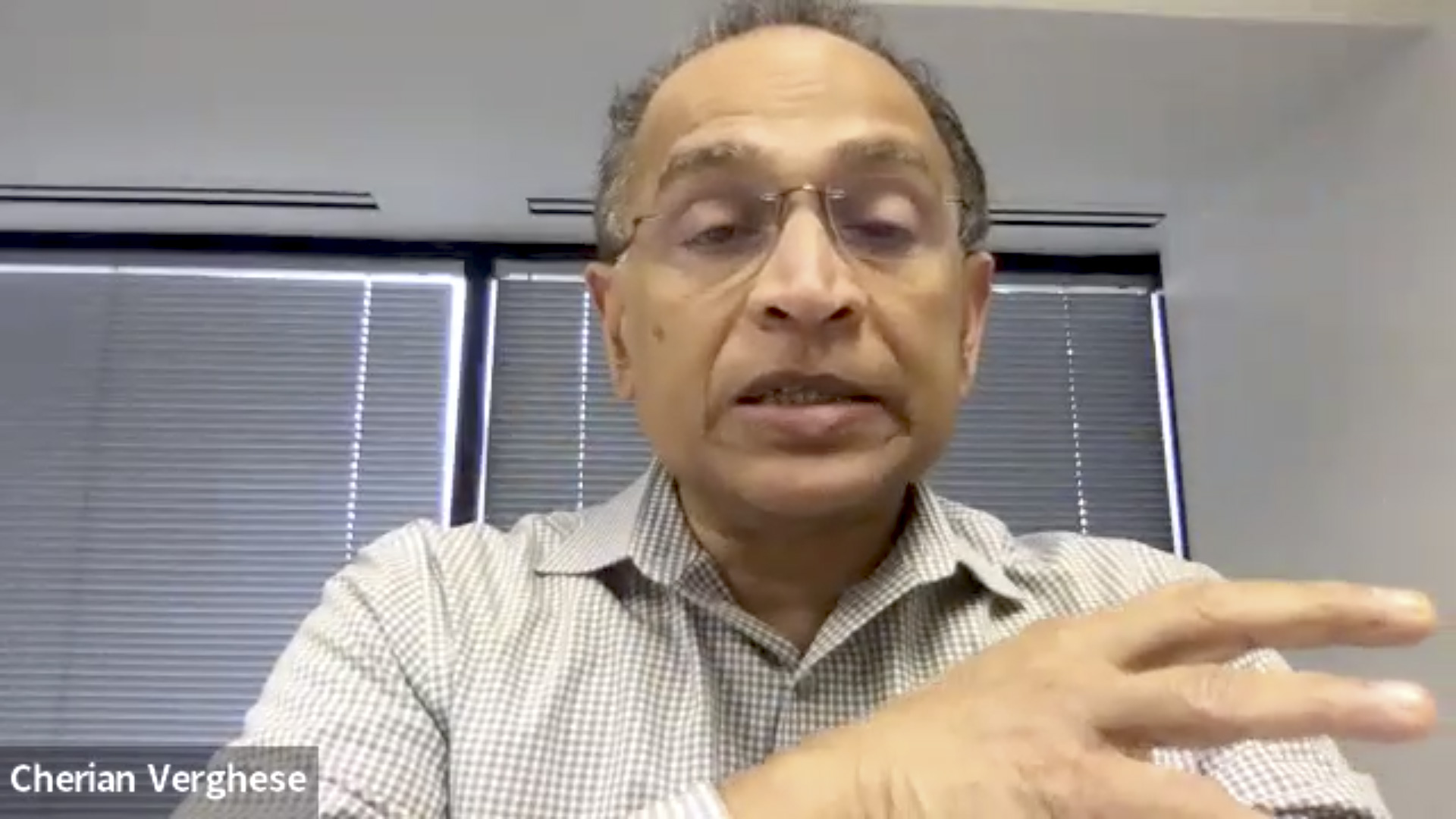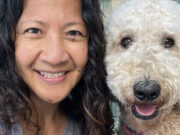Alzheimer's and Dementia
Optimism for Alzheimer’s
Dr. Kay Lehmann, Board Chair of the Alzheimer's Association in the state of Washington, joins Suzanne Newman to talk about optimism on the horizon for treating and curing Alzheimer's.
Alzheimers Walks: Senior Communities
The Walk to End Alzheimer's is the world's largest event to raise awareness and funds for Alzheimer's care, support and research. Sign up as a Team Captain, join a team or walk as an individual. This month, Answers for Elders supports the Walks and fundraising for the Alzheimer's Association. This episode, we feature an interview conducted in September 2019 with Scott Houghton, regional director of operations at Fieldstone Communities, a major sponsor of the Alzheimer’s Walks in Washington.
Overview of Zinnia TV, with Allyson Schrier
Zinnia TV is an incredible new streaming service with programming optimized for people living with dementia. Allyson Schrier, co-founder of Zinnia TV, talks about...
Alzheimer’s disease clinical trials, Part 4 with Dr. Cherian Verghese
Learn about the different types of Alzheimer's research studies, what's involved in participating, and how you can get involved. Suzanne Newman joins Dr. Cherian Verghese, Principal Researcher at the forefront of Alzheimer's disease at Keystone Clinical Studies LLC in the Philadelphia area. When we face cancer or heart disease, we think our bodies are failing. When it comes to something in our minds, we think we are failing, as something personal, but our mind sits within our brain, and these are illnesses, just like cancer or COVID. In the old days, there was a sense of learned helplessness — I can't do anything about it, so why bother? — but that's not the case any more.
Dementia: Mindful Living Memory Program
Julie Wilkins, Vice President of Clinical Resources at EmpowerMe Wellness, joins Suzanne to talk about their memory program Mindful Living. Mindful Living is used to identify seniors showing memory problems or decreased ability to function in their residence, determine their functional level, educate on coping strategies, and provide non-pharmacological interventions to enhance quality of life and improve their ability to function.
Test Procedures for Dementia
Dr. Paul Winner advises, “If you really have a problem, something that's essentially now affecting the family, you need to go to a memory disorder center. We have very good diagnostic methods today. It could be something simple.”
Dementia: Having the Conversation
Kelley Smith at CarePartners Senior Living joins Suzanne to discuss how to have the conversation about dementia or Alzheimer's with your senior loved one.
Socialization, Home Care, Memory Care, and a Sense of Purpose
Socialization and relationships are important for our mental health, and it's a core part of memory care at senior living communities. Mom or dad wants to be with peers as well as with family. Home care agencies are available to come in and provide assistance to seniors with activities of daily living. Tracy Helling at CarePartners Living joins Suzanne to talk about these factors for those with dementia and Alzheimer's.
Therapy Dogs and Alzheimer’s
What are pet therapies, and why are they important in the world of Alzheimer's? Washington Therapy Dogs' manager Marlina Velasco-Barker joins Suzanne for September's conversations about the Walk to End Alzheimer's.
Dementia: 8 Tips to Become a Better Listener
Dr. Shawn Weiss joins Suzanne this hour to talk about the listening and non-verbal side of communicating better. Her advice: actually listen, don't pretend to listen. Get over repetition. Don't interrupt. Ask the right questions. Take inventory of your own weaknesses. Practice listening. Resist the impulse to correct errors. And don't let yourself get offended.






















